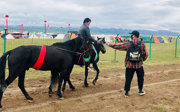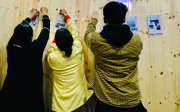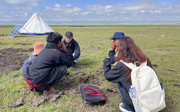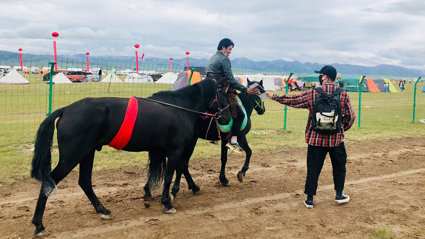
Q&A with Palden Tsering
Read our Q&A with our 2025 Area Prize winner, Palden Tsering.
Palden Tsering has won the Area Prize 2025 for the best paper published in the journal by an early career researcher: 'Hybrid rangeland governance: connecting policies with practices in pastoral China'.
Uncertainty also brings new opportunities. So, embrace the unknown—just like pastoralists do.Palden Tsering
What do you do now and how would you describe your interests?
"I’m an academic researcher at the Centre for Pastoralism Studies (CPS). My work focuses on how Tibetan pastoralists in Amdo (China) manage and access rangeland, and especially on the power dynamics involved in that process."
How did you become interested in your area of research?
"I’ve spent the past ten years working closely with pastoralist communities on the Tibetan Plateau, exploring issues around conservation and development.
"One question continues to guide my work is: what does development really mean for pastoralists and for pastoralism itself?"
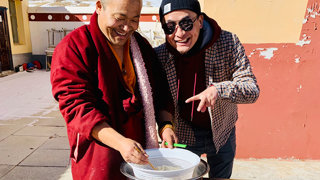
What has been the highlight of your studies, regardless of how big or small, so far?
"What motivates me most is the positive feedback I get from the pastoralists I work with. When I share my research findings with them, they often tell me it helps them reflect on their own livelihoods and rethink what development means in their context."
What projects are you working on right now?
"I’m currently writing a book about alternative livelihoods in global pastoralist settings. In it, I argue that 'nomadic pastoralism (different from industrialized, intensive pastoralism)' is essential to millions of people.
"Because their lives depend on this vital form of food production, any efforts to replace pastoralism need to shift focus. Instead of replacing it, we need to develop alternative livelihoods that support and prioritize pastoralism, ensuring that pastoralists can continue to live sustainably."
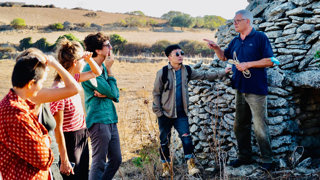
What are you looking forward to in the future? What’s next?
"For me, the most important thing is to keep returning to the field, to listen to pastoralists, and to amplify their voices through my research."
Do you have any advice for someone interested in your area of study?
"Uncertainty also brings new opportunities. So, embrace the unknown—just like pastoralists do."
What would you like people to take away from your research
"Pastoralism provides the basic livelihood for millions of people across the world.
"In the face of growing climate challenges and global uncertainty, pastoralists have much to teach us—especially about how to respect, interact, respond and live with nature."
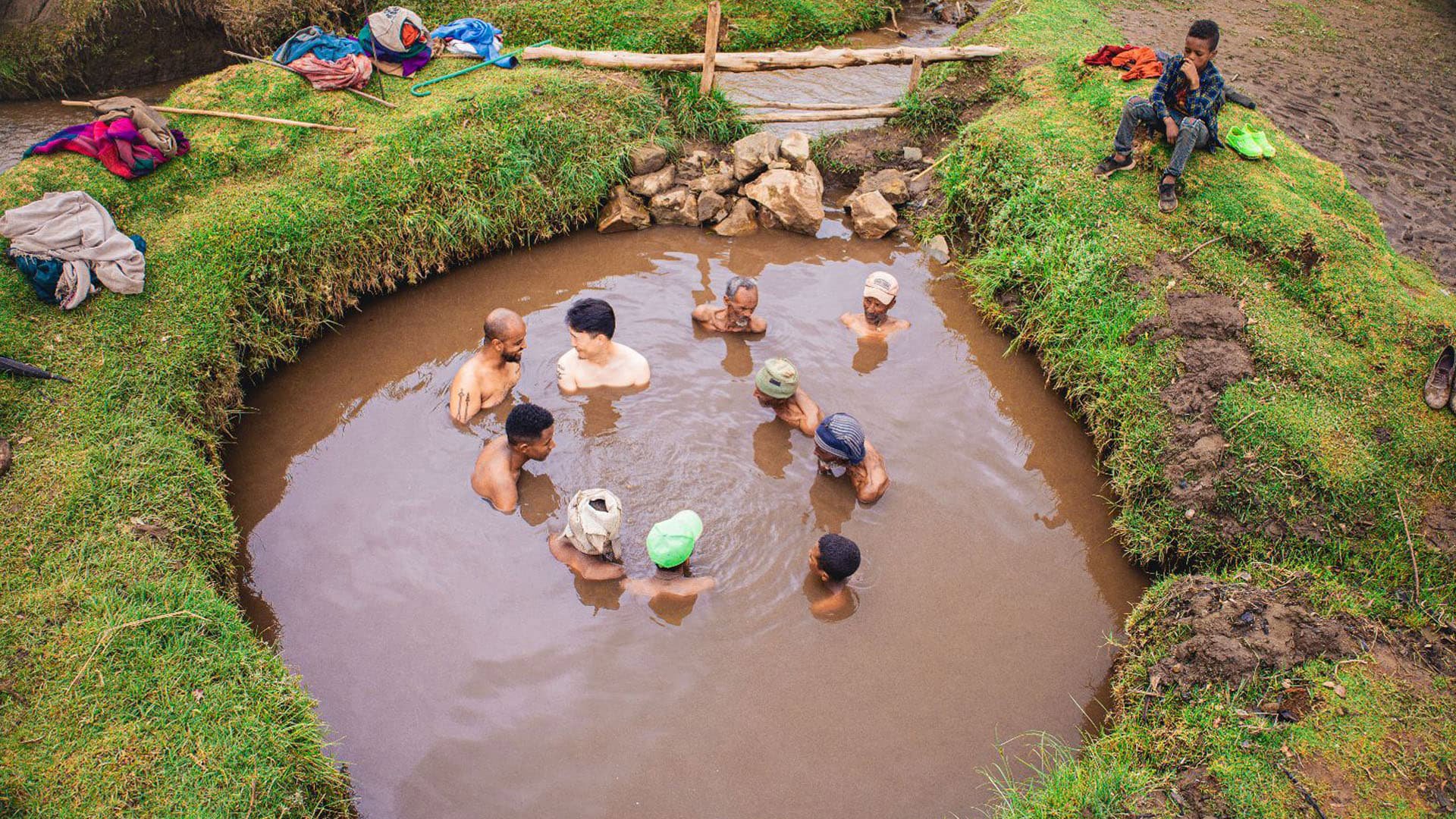
Sign up to our newsletters
We regularly host exhibitions as well as in-person and online events, including our Monday night lectures (members only) and regional events.
Would you like to stay up to date about our upcoming events and news? Log in, or create an account, and sign up for our newsletter.

